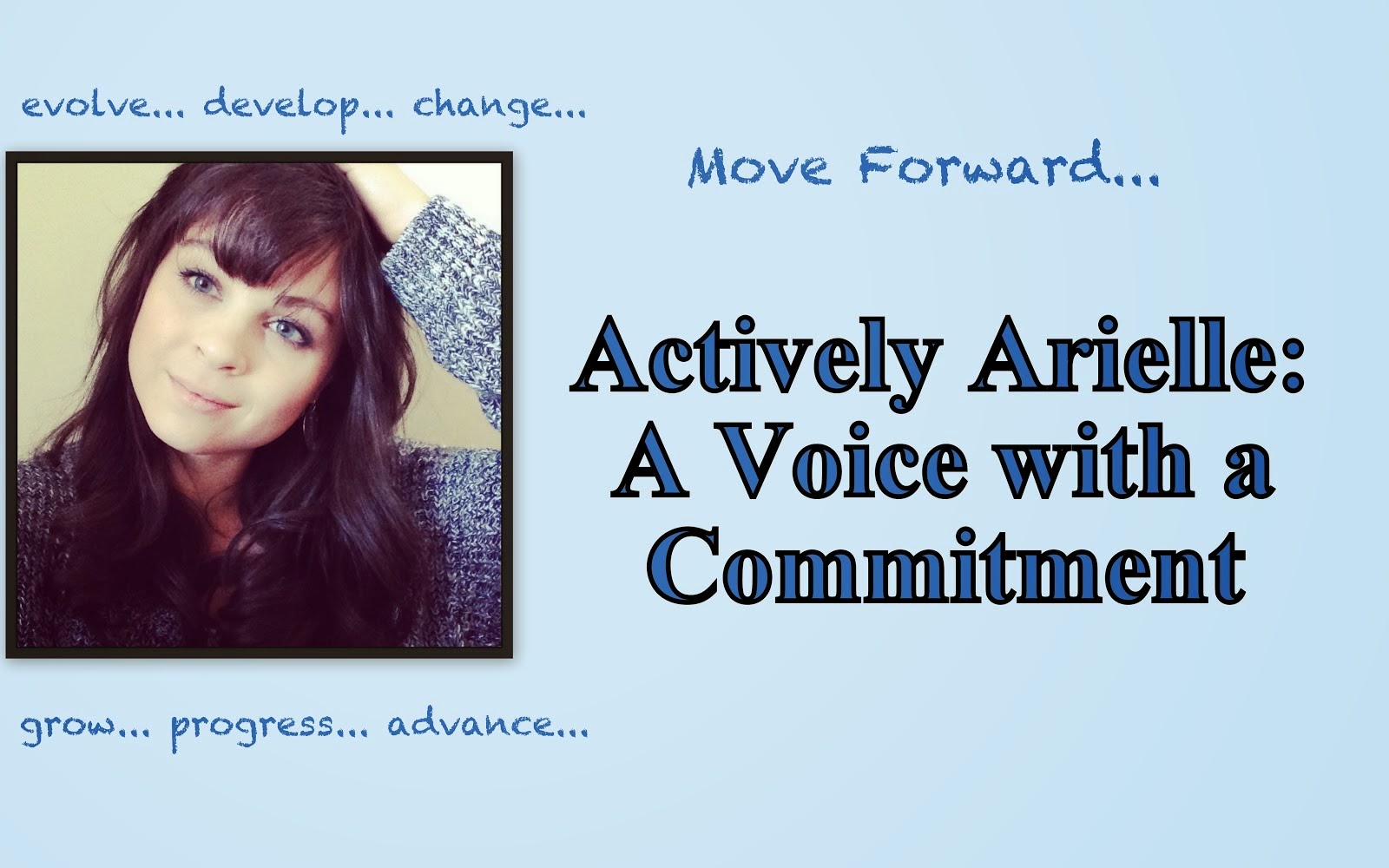How can you know what to do? Life can be so crazy and frustrating. It's so difficult to try to get a handle on something as complex as disordered eating. Especially if you've been disordered a long time. It's like a label, a mechanism for survival, and your mind is trapped inside of it.
As usual, I wish had magic comforting words. I wish I could say the things that would make you feel better and be able to do something with the situation.
If you’re really struggling, you don't have to know all the ins and outs of how to eat. You don't have to have this big plan that looms and feels so difficult to achieve. You just have to eat to sustain. It's not a long-term solution, but it's the beginning of one. Sustain yourself. You can worry about re-learning how to eat once you've gotten a handle on eating sufficiently enough to survive. Understand what I'm saying? At the very least, you need to give your body what it needs to function. To "fulfill" might seem tough for you; to "deprive" is much worse. So, "sustain." And when your body begins to thank you for nourishing it, you can let your mind pick up the slack and work on the other issues at hand.
Setting a big mountain of a goal for yourself isn't easy and can be daunting. Set some hills instead.
When you don't eat properly, your mind works against you. That's the best way I can think of to describe it. I always felt that way. It was amazing how much my mind seemed to "clear up" as I got better and better.
Sometimes, when you're at the end of your rope, the best thing you can do is NOT think. Don't think. Just do. Just try to eat. Just try. And deal with the aftermath when your mind is better able to deal with it (i.e. after it's been fed). It's a struggle and you may have negative emotions afterwards, but it's better than slowly dying or making yourself more and more ill...because taking a step backward every day is no way to climb a hill.
It's a lot easier to make yourself feel better mentally once you are doing better physically. You have to make your strongest voice become your true and only voice. It takes a lot of work and perseverance, but you can do it if you really want it. It's okay to have feelings of despair as long as those feelings don't cause defeat. And if you don't give in to defeat, those negative feelings will eventually dissipate.
You're already fighting a battle with your eating disorder. You don't need another battle going on inside yourself. It's already You Versus Eating Disorder. Don't let it be Mind Versus Body too.

